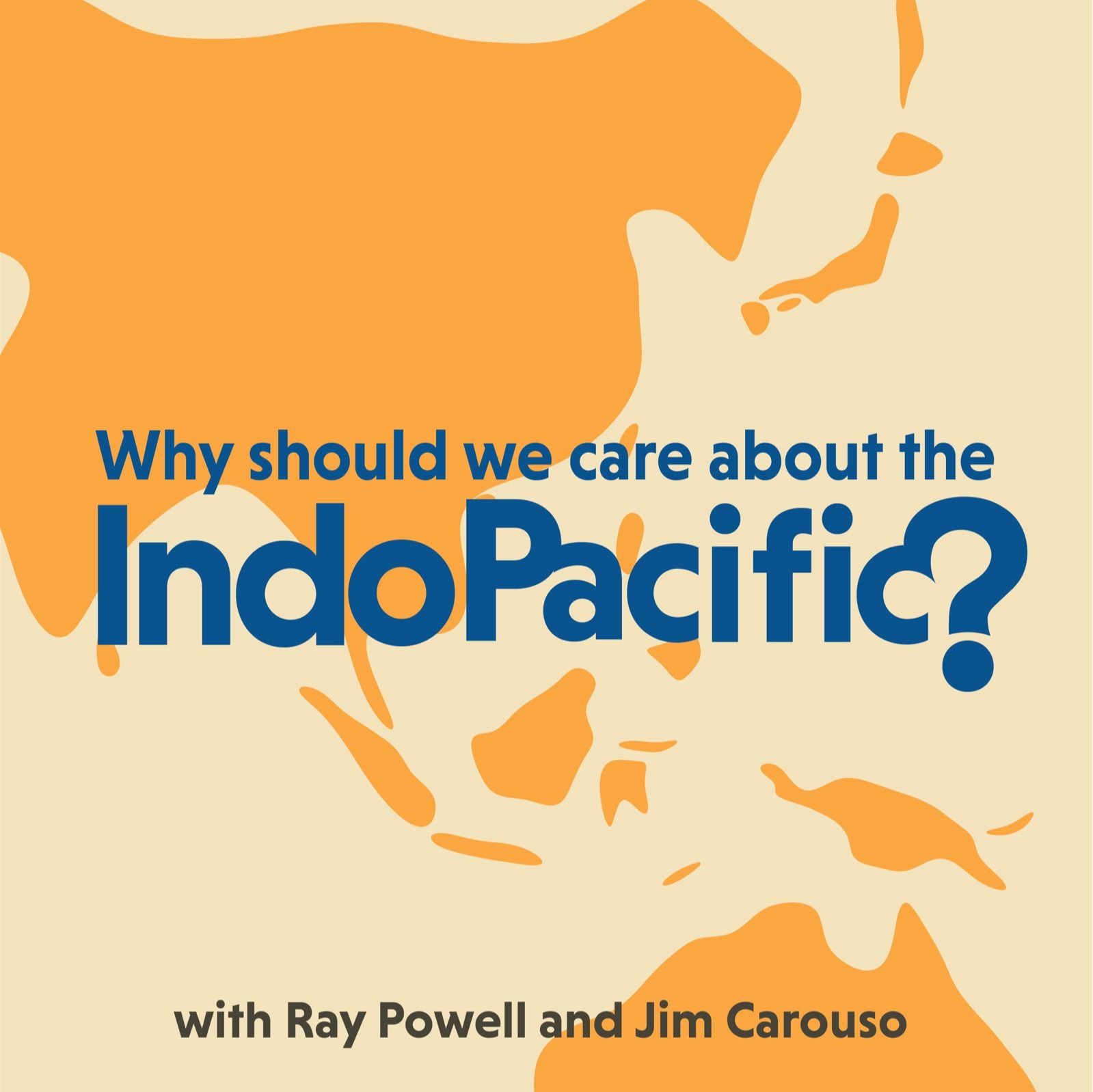
Bonus Crossover Episode with China Global Podcast: China-Korea Yellow Sea Dispute

Why Should We Care About the Indo-Pacific?
Deep Dive
Shownotes Transcript
In an episode) originally released by The German Marshall Fund's China Global Podcast) with Bonnie Glaser), managing director of GMF’s Indo-Pacific program, co-host Ray Powell was interviewed about recent developments in the Yellow Sea and China’s broader gray zone tactics in the maritime realm.
This episode of the China Global podcast discusses evolving disputes between China and South Korea, specifically regarding their unresolved maritime boundary in the Yellow Sea. There is a long history of fishing disputes between the two countries in the Provisional Measures Zone (or PMZ) of the Yellow Sea, which is where their exclusive economic zones overlap. Although China and South Korea have engaged in negotiations over the years, they have yet to come to an agreement on their boundaries in the Yellow Sea.
Taking advantage of the persisting disagreement on delimitation of maritime borders, China has employed gray zone tactics in the Yellow Sea to expand its territorial presence in the region. In the most recent dispute, China installed a new steel structure in the PMZ, causing a maritime standoff between Chinese and Korean coast guards.
To discuss recent developments in the Yellow Sea and China’s broader gray zone tactics in the maritime realm, host Bonnie Glaser is joined by Ray Powell, the Director of SeaLight, a maritime transparency project at Stanford University’s Gordian Knot Center for National Security Innovation. Ray is also the co-host of the Why Should We Care About the Indo-Pacific podcast, and a 35-year veteran of the US Air Force.